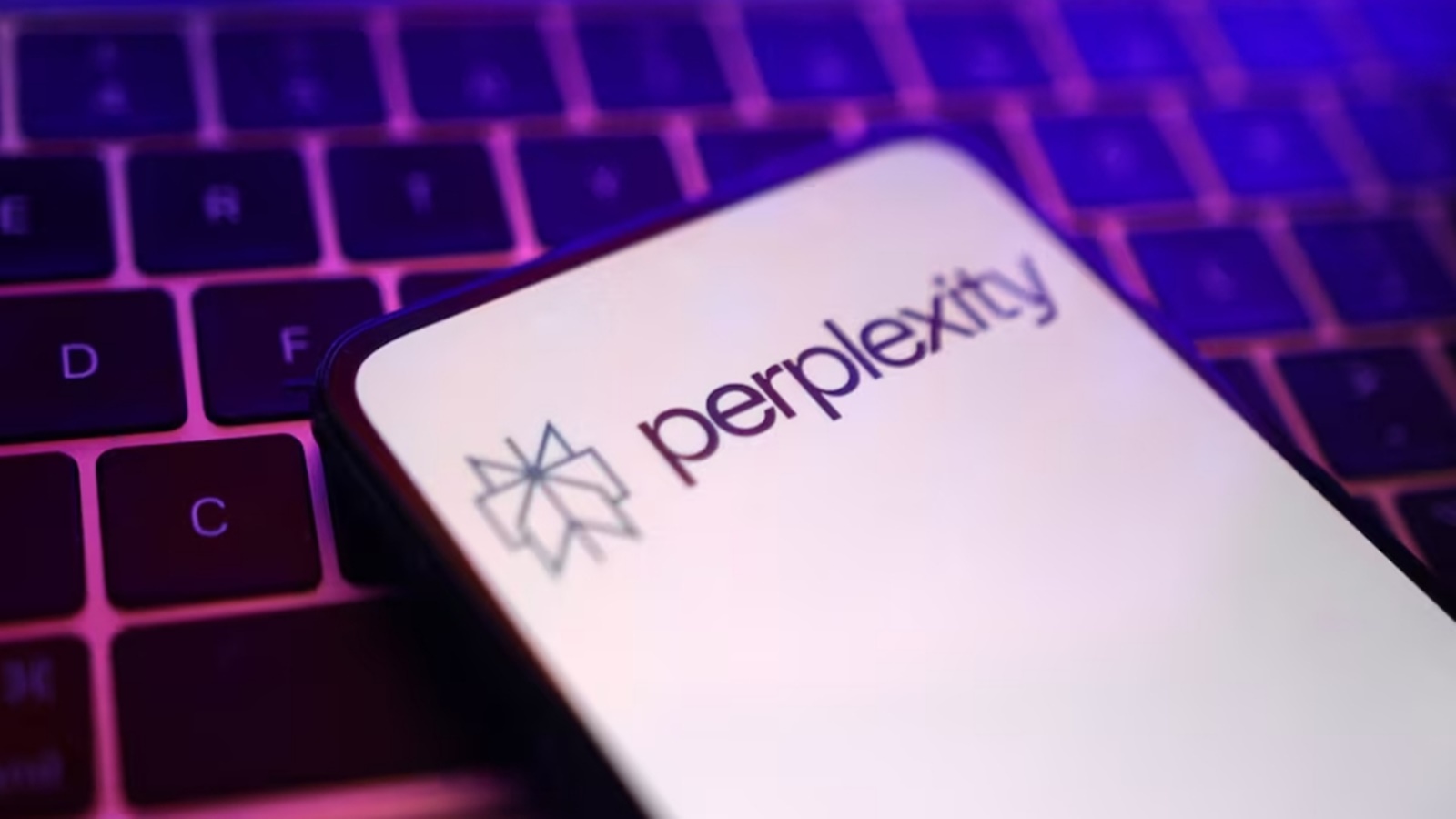Perplexity AI is looking to wrap up its fourth funding round this year by raising over $500 million and tripling its valuation to $9 billion.
The latest round by the AI search startup is led by Institutional Venture Partners, a VC firm based out of the San Francisco Bay Area in the US, according to a report by CNBC.
Perplexity has drawn swift interest from investors amid a recent wave of AI-powered search engines. For context, the Jeff Bezos-backed startup’s valuation at the beginning of 2024 was roughly $500 million.
Its app has over 2 million downloads and provides AI-generated answers to more than 230 million search queries per month.
Search Wars 2.0
Several major AI companies are rushing to roll out features that use generative AI to provide summarised search results.
Most recently, OpenAI announced it has built a search feature into ChatGPT that allows users to ask and receive real-time information of current news events. However, the feature is currently available only for paid users of ChatGPT.
Similarly, Google announced last week that it was expanding AI Overviews to a hundred more countries. Meta is also looking to develop its own AI search engine to feed its AI chatbot updated information from the web rather than depend on search indexes maintained by Google or Microsoft Bing, according to a report by The Information.
The controversy around Perplexity AI
Perplexity AI has certainly made waves among VC circles, and is considered to be a formidable challenger to Google Search. However, the startup founded by Aravind Srinivas, an IIT Madras graduate, is facing legal threats from publishers such as The New York Times, Condé Nast, and Dow Jones for allegedly plagiarising content from the media outlets.
These allegations have been denied by Perplexity, which rolled out a revenue-sharing model for publishers in July. Based on this model, the company said it will share a percentage of the ad revenue with the publisher of the article that has been cited in an AI-generated answer to a search query.
Other AI companies have also struck deals with publishers to licence their content for AI use. For instance, Meta and Reuters have a partnership that allows its AI chatbot to “respond to news-related questions with summaries and links to Reuters content.” Google has a similar content-licencing arrangement in place with social media platform Reddit.


